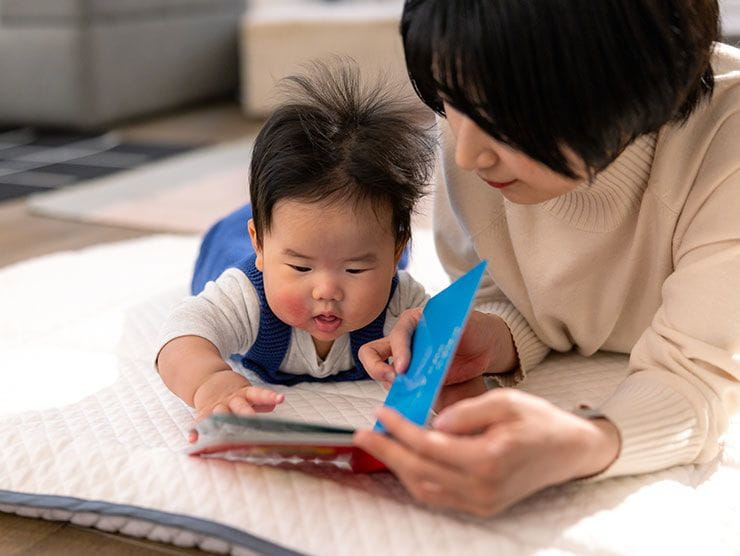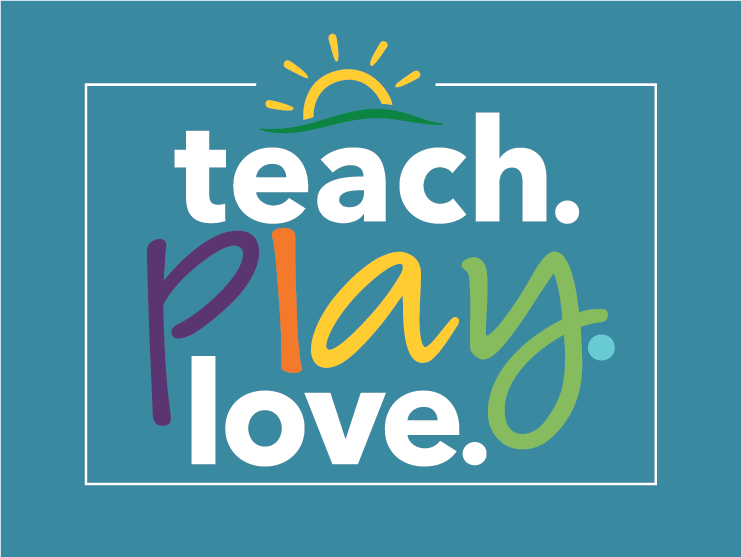Grandparents and extended family often play a vital role in enriching a child’s life. Their love, support, and experience can supplement parental care, forming a more dynamic and nurturing family environment. When grandparents are actively involved, they’re not only contributing to the child’s joy and development but they’re also offering essential support to parents.
Benefits of grandparent involvement
- Emotional support: Grandparents can provide unique affection and attention that help children feel valued and secure.
- Reliable caregiving: Their involvement adds flexibility and consistency, easing the pressure on parents by serving as a trusted part of the family caregiving system.
- Knowledge and tradition: Many grandparents pass down family history, values, and traditions, helping children develop deeper connection to their cultural roots and identity.
Common challenges parents face
Despite all the benefits, engaging grandparents can sometimes present tensions, especially around parenting styles and boundaries.
Challenges may include:
- Differences in parenting approaches: Grandparents might default to methods used when they were raising their own children, which may conflict with your parenting philosophies.
- Boundary-setting difficulties: Juggling respect for grandparents’ experiences with the need to maintain parental authority can be tricky.
5 tips for when grandparents overstep boundaries
Imagine this, it’s a Saturday afternoon and your mom and dad asks to come over and spend some quality time with their grandchildren. You agree, grateful for the chance to step away for a couple hours. But when you come back later in the evening, you find your children finishing a plate of brownies—despite your clear “no sweets after dinner” rule. Your dad casually says, “You ate brownies when you were a kid, and you turned out just fine.”
What should you do now?
In one of our Teach. Play. Love. episodes, Rachel Robertson, Bright Horizons Chief Academic Officer, and Claire Goss, Senior Manager of Parent Education share five pieces of advice for when things get frustrating with grandparents’ involvement.
- Choose your battles: You want your children to eat healthily, but in the bigger picture of raising kids, an occasional brownie isn’t as important as a safety concern. “A brownie may seem like a big deal because you asked them not to do this and they did it,” Rachel Robertson says. “But in the grand scheme of your child’s wellness, health, and happiness, it’s probably not that big a deal.”
- Trust the kids to get it: It can feel like one broken rule will ruin your entire parenting structure, but truth is, it really won’t. Kids are adaptable and resilient. They can typically adjust back to normal routines easily after a short break. Many of us remember the special treats at grandma’s house that never happened at home. Those little exceptions often become cherished memories for the future, not habits.
- Take a beat: It’s tempting to react immediately when rules are broken, but it’s important to pause before responding. A heated argument never helps, and a little distance can keep emotions in check. “Maybe even make a journal or notes to yourself to tamp down the loaded emotion,” suggests Rachel. Then revisit the issue later when you’re able to talk calmly.
- Honor grandparents’ experiences: Grandparents have already completed the parenting journey that you’re on now. Recognize that experience by approaching them as partners rather than adversaries. “That perspective, eases tension right off the bat,” says Rachel. Maybe even ask for some advice, which can easily turn conflict into collaboration and ease tensions.
- Be prepared for sticky situations: Beyond safety, the biggest concerns often involve values, such as opinions on religion or politics shared in front of a child. Start with a neutral phrase like, “That’s one way of looking at it.” Later, you can follow up with your parents; for example, you can say “I appreciate your point of view, but it’s not one we share”. And with your child, say “Let’s talk about what grandpa said earlier today”. The goal is to clarify your stance without vilifying the other person.
When tensions arise, remember that disagreements happen because you both care so deeply. As Claire reminds us in the podcast, “You all want the same thing for this child. Rather than viewing it as opposition, see it as, ‘This child is so loved.’” The most important thing to remember is that you’re all on the same team: team child.
Watch the full Teach. Play. Love. episode, “Navigating the joys and challenges of grandparents” here:





